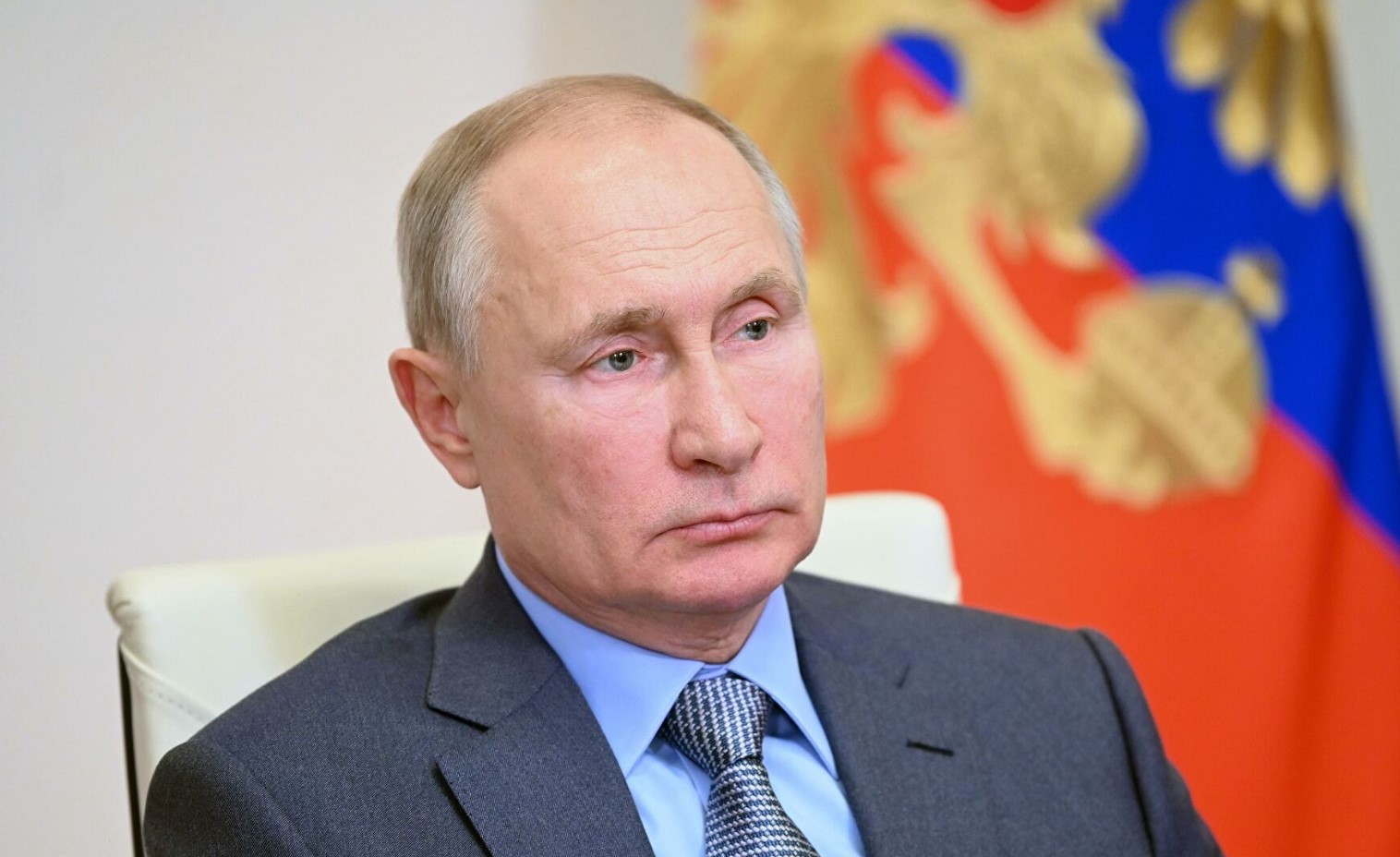Von der Leyen promised Russia "decades of recession" due to sanctions
Rounds of restrictive EU measures imposed against RUSSIA due to the military operation in Ukraine will weaken the country's economy in the coming years, European Commission President Ursula von der Leyen said at the World Economic Forum (WEF) in Davos. The broadcast was on YouTube.
“We have imposed the most severe sanctions in history, as a result of which the Russian economy will plunge into a recession for decades, and its industry will be deprived of modern and important technologies,” she said.
Since the end of February 2022, the EU has approved nine packages of sanctions against Moscow. They affected the financial sector and the stock market, exports and imports, international reserves, air travel, sports and culture, and so on; individuals and legal entities fell under the restrictions, and against this background, global companies left the country en masse. EU authorities call the goal of the measures to weaken "the ability of the Russian government to finance aggression against Ukraine." At the same time, the European Commission states that during their preparation they are trying to "minimize the negative consequences for the Russian population."
In December, the EC, citing data from the World Bank, the International Monetary Fund (IMF) and the Organization for Economic Cooperation and Development (OECD), stated that by the end of 2022, Russia's GDP would fall by 3.4 to 4.5%. In 2023, the EC expected, the decline could be up to 5.6%.
How the Russian economy adapted to the sanctions and what awaits it in the new year Economics
The January report of the World Bank states that at the end of 2022, the decline in Russia's GDP was 3.5%. In 2023, the indicator will decrease by 3.3%, but in 2024 it will grow by 1.6%. Among the reasons for the slowdown in economic growth, the authors of the report pointed to supply chain disruptions, reduced investment, economic and political uncertainty, and the outflow of human capital.
According to the autumn estimates of the Ministry of Economic Development, the Russian economy should have contracted by 2.9% in 2022, and by 0.8% in 2023. In 2024, the agency expects growth of 2.6% per year. Finance Minister Anton Siluanov suggested in December that GDP would drop to around 2.7% in 2022. President Vladimir Putin said on January 17 that last year's decline is expected to be 2.5%. According to him, last year "the actual dynamics turned out to be better than many expert forecasts."
Read on RBC Pro A breath of youth: why plain water is the best way to slow down aging Get ready for layoffs: what awaits the labor market in the IT sector in 2023 The apocalypse did not happen: who continues to rent expensive offices in Moscow Business relocation to the UK:what surprises to prepare forFirst Deputy Prime Minister Andrey Belousov suggested that 2023 would be an easier year for the Russian economy than 2022, "if nothing happens."
The Russian authorities consider the sanctions illegal. Putin called the restrictions "crazy and thoughtless."

